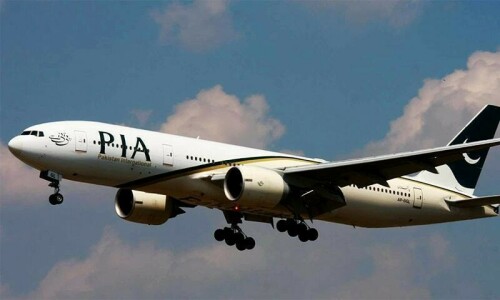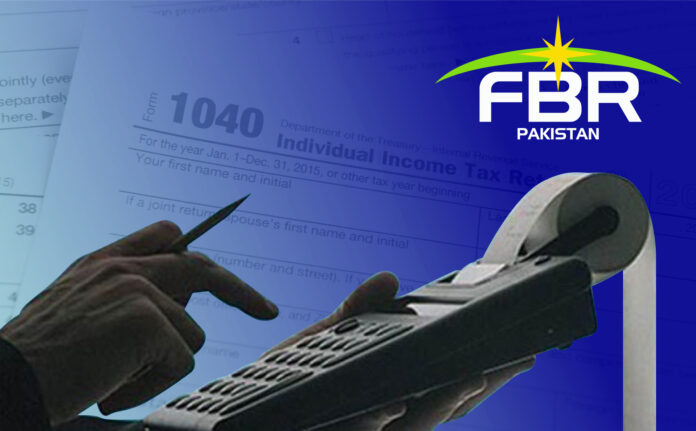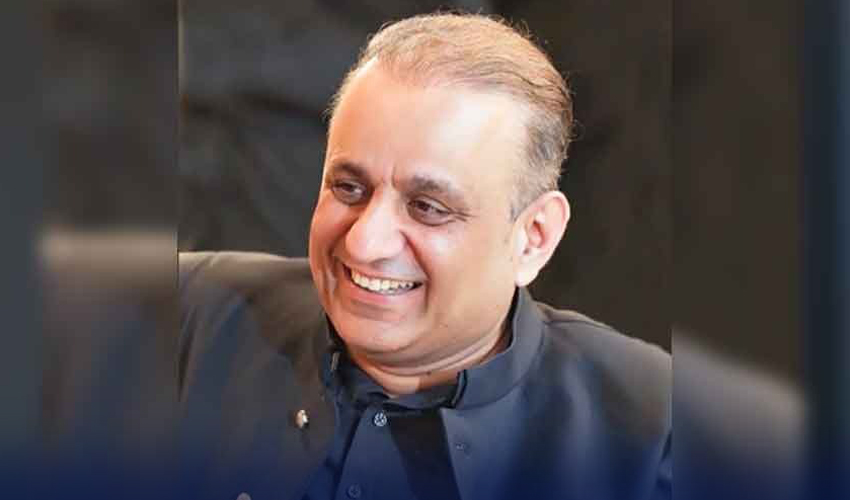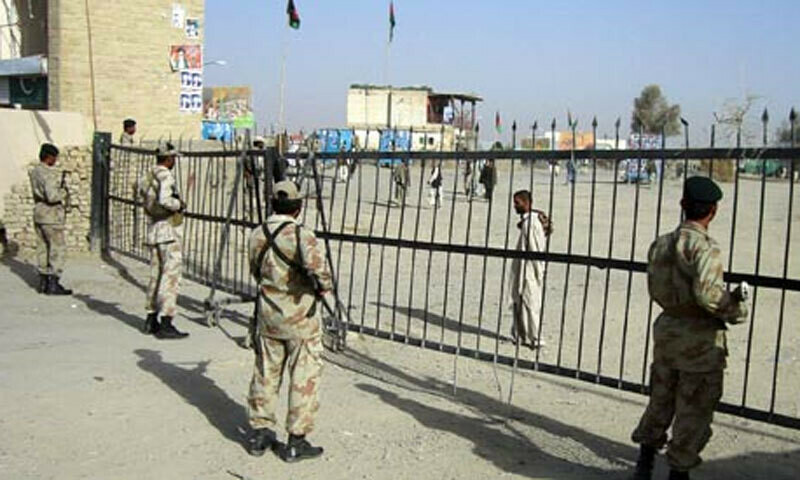TRADE & ECONOMY

Pakistan International Airlines (PIA) has announced the resumption of its flights to Europe, set to begin on January 10, following the lifting of a four-year ban by European Union authorities. The ban, which was imposed in 2020 after a series of safety and licensing controversies, was lifted last week, allowing the national carrier to restart its services to the region.
PIA confirmed that its first flight, a Boeing 777, will depart from Islamabad for Paris on January 10. Initially, two flights will be operated weekly on Fridays and Sundays, with plans to gradually increase the frequency of services as demand rises. The airline’s spokesperson, Abdullah Hafeez Khan, confirmed that bookings for the flight would open on December 9.
The suspension of PIA’s European flights began in June 2020, shortly after a deadly crash in Karachi that killed nearly 100 people. The investigation into the crash revealed human error by pilots and air traffic control, but the scandal deepened when it was revealed that a significant number of PIA pilots held fake or questionable licenses. As a result, the European Union Aviation Safety Agency (EASA) suspended the airline's operations in Europe.
In addition to resuming services to Paris, PIA officials have met with Director AGS Airports Glasgow, Christopher Tibbett, to discuss the resumption of flights to the United Kingdom. While the European ban has now been lifted, PIA remains banned from operating in the United States.
To ensure compliance with European regulations, PIA has committed to strictly following the guidelines set by EASA. The airline has faced a series of challenges over the years, including a bloated workforce, financial instability, and a poor safety record. In 2023, PIA reported losses of $270 million, with liabilities nearing $3 billion. The government of Pakistan has expressed intentions to privatize the airline, though previous attempts have fallen through.
Aviation Minister Khawaja Asif hailed the resumption of European flights as a “major value addition,” which he believes will make PIA more attractive to potential investors. The move also comes as part of Pakistan’s broader efforts to meet the demands of international organizations, including the International Monetary Fund (IMF), which has urged the privatization of state-owned companies.
PIA, founded in 1955, has faced turbulent times in recent decades but hopes that the lifting of the ban will mark a new chapter in its efforts to recover from financial and operational difficulties.




